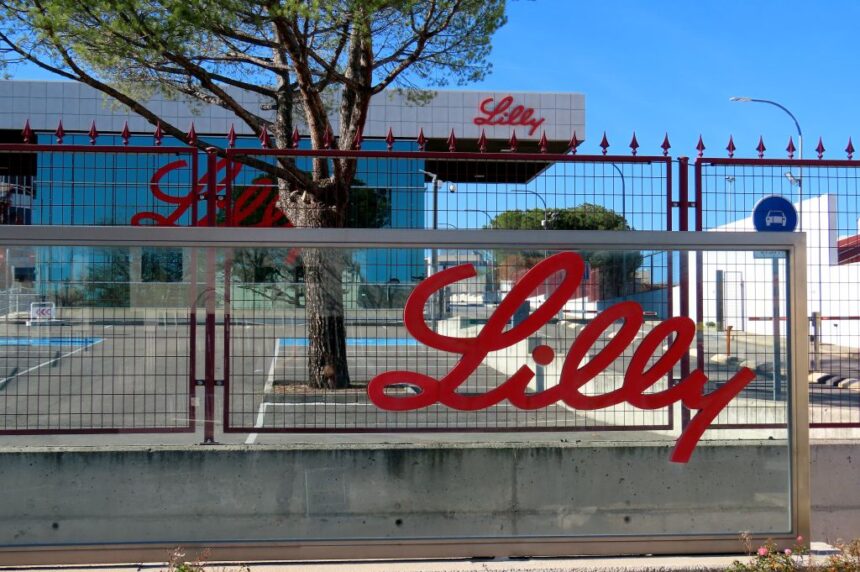Eli Lilly, banking on a possible Alzheimer’s drug launch later this year, has taken a step toward building out the necessary testing infrastructure. The Indianapolis drugmaker partnered with Roche this week to develop a blood test for facilitating earlier diagnosis of the memory-stealing disease.
As per their collaboration announced Wednesday, the two will co-develop Roche’s Elecsys amyloid plasma panel (EAPP).
EAPP helps identify likelihood of amyloid pathology in symptomatic patients by measuring levels of phosphorylated tau (pTau) protein and the presence of apolipoprotein (APOE) E4 in their plasma.
Elevated pTau occurs in early stages of Alzheimer’s, while APOE4 is a genetic risk factor. As such, the assay can help determine whether the patient should proceed to confirmatory testing, usually done via amyloid positron emission tomography (PET) or cerebrospinal fluid (CSF).
In July, Roche said the the Food and Drug Administration had granted the EAPP its breakthrough device designation. Then, in December, the company snared FDA 510(k) clearance for two other Elecsys tests, beta-amyloid (1-42) CSF II (Abeta42) and Phospho-Tau (181P) CSF (pTau181), both of which are designed to identify early Alzheimer’s.
EAPP has “potential to streamline a person’s journey to diagnosis and, therefore, access to future treatment options,” stated Roche Diagnostics CEO Matt Sause.
“We look forward to the robust data and continued collaboration across the field that will be critical to accelerate the ecosystem to aid in a timely and accurate diagnosis of Alzheimer’s,” added Mark Mintun, Lilly’s group VP of neuroscience R&D and president of Avid Radiopharmaceuticals.
Easier testing should ultimately enable access to new therapies as they become available.
The FDA granted accelerated approval to Eisai’s and Biogen’s Alzheimer’s therapy Leqembi in January. A full approval decision is slated for July, at which time Medicare could also broaden coverage. Given Leqembi’s expedited status, the public health insurance program will only pay for the drug if patients are enrolled in clinical trials.
Lilly expects to launch an Alzheimer’s treatment of its own later this year – one of four launches it’s counting on to meet a 2023 growth forecast. However, Lilly’s request for expedited review of the drug, experimental amyloid-removal antibody donanemab, received a complete response letter from the FDA in January.
The agency requested Lilly provide more data, which the pharma company says will become available in the second quarter of this year. If the data are positive, it will seek approval.
Earlier this month, Lilly ended development of an older treatment candidate, solanezumab, after studies showed the antibody failed to mitigate disease progression in Alzheimer’s patients. A longtime fixture in the neuroscience pipeline, solanezumab aimed to remove amyloid plaque floating in brain fluid. Donanemab and fellow late-stage antibody remternetug focus on plaque deposits.
One study showed that up to 75% of people are living with symptoms of Alzheimer’s, without a diagnosis, and that those who have received a diagnosis waited an average of 2.8 years after symptom onset. The number of people living with dementia, which currently stands at 55 million, is projected to increase to nearly 140 million by 2050.








